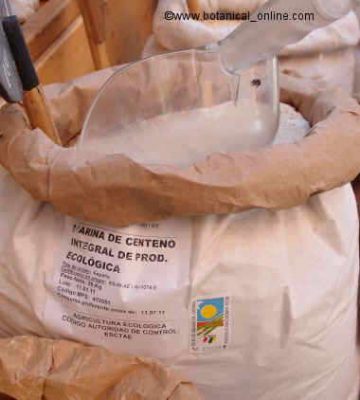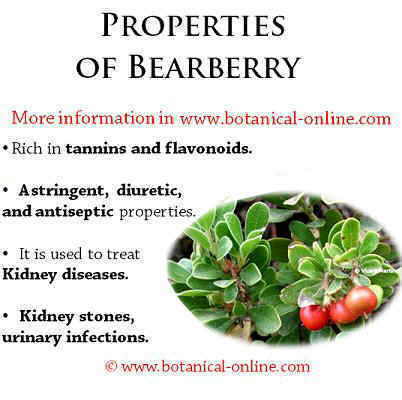Contents
¿Rye or wheat?
NUTRITIONAL COMPARISON BETWEEN RYE AND WHEAT FLOUR
Both, whole rye and whole wheat, have a greater content in proteins than refined rye or refined wheat, but their content in carbohydrates and vitamin B is lower. (More information)
Nutritional differences between rye flour and wheat flour

Indeed, wheat and cereal rye are both very similar in composition but they have distinct properties:
* Rye has higher fiber content
- Rye flour has a much higher fiber content (22.6g/100g), which can be twice or even ten times the fiber content in whole wheat flour (12.2g/100g) and refined wheat flour (2.7 g/100g), respectively.
- In addition, part of the rye grain fiber is mucilaginous, that’s to say, stomachic and emollient, which confers its specific medicinal properties to this type of bread.
In contrast, wheat fiber has mainly insoluble, highly laxative and, taken in excess, can be irritating to the intestine.
* Rye flour has more minerals
* Whole rye flour contains more iron, potassium, magnesium, phosphorus, zinc, pantothenic acid and folic acid than other flours.
Hence more beneficial properties are assigned to rye bread for the cardiovascular system. Thanks to its mineral content, and mucilages, rye bread helps maintain the elasticity of blood vessels and it is considered a blood regenerator.
It has been observed that in populations where rye bread consumption is abundant, there is a lower incidence of cardiovascular diseases. |
* Wheat flour is richer in selenium
* Although the mineral content is similar between rye and wheat, the latter is considerably poorer in vitamins and minerals.
However, selenium content, which is a powerful antioxidant mineral, is superior in the whole wheat flour.
Nutrient | Whole rye flour | Whole wheat flour | Refined wheat flour* |
| Energy (Kcal) | 324 | 339 | 354 |
| Carbohydrates (g) | 68,74 | 72,57 | 74,22 |
| Proteins (g) | 14,03 | 13,70 | 10 |
| Fats (g) | 2,69 | 1,87 | 0,97 |
| From which, saturated(g) | 0,31 | 0,32 | 0,15 |
| From which, monounsaturated(g) | 0,33 | 0,23 | 0,08 |
| From which, polyunsaturated (g) | 1,2 | 0,77 | 0,41 |
| Fiber (g) | 22,6 | 12,2 | 2,7 |
| Calcium (mg) | 56 | 34 | 338 |
| Iron (mg) | 6,45 | 3,88 | 4,67 |
| Phosphorus (mg) | 632 | 346 | 595 |
| Magnesium (mg) | 248 | 138 | 19 |
| Potassium (mg) | 730 | 405 | 124 |
| Zinc (mg) | 5,62 | 2,93 | 0,62 |
| Selenium (mcg) | 35,7 | 70 | 34,4 |
| Vitamin C (mg) | 0 | 0 | 0 |
| Vitamin B1 or thiamine (mg) | 0,31 | 0,45 | 0,67 |
| Vitamin B2 or riboflavin (mg) | 0,25 | 0,22 | 0,41 |
| Vitamin B3 or niacin (mg) | 4,27 | 6,37 | 5,83 |
| Vitamin a B5 or pantothenic acid (mg) | 1,46 | 1 | 0,44 |
| Vitamin a B9 o folic acid (mcg) | 60 | 44 | 154 |
* Refined wheat flours intended for baking bread are enriched with substances intended to improve the qualities of the final product. This is the reason why the levels of certain minerals (including calcium) can be seen significantly increased compared with non-enriched flour.
![]() More information about rye.
More information about rye.








